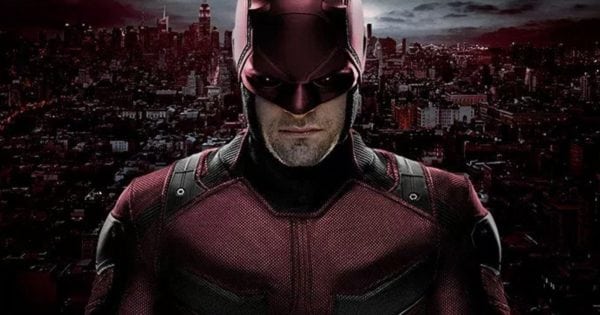Daredevil (The Netflix one) is a lesson in not only film making, storytelling, performance, and world-building, it is a lesson of translation. Comics evolved from a children’s literature that explained moralistic values and showed the triumph of good over evil in colorful ways. But morals change with time, the idea of good and bad, the way society thinks and functions, all have changed. The same has been reflected in the many interpretations of beloved comic book characters.
The golden age of comics with its plethora of goofy villains, heroes, and dialogue, gave way to a more sincere Silver Age comics where characters were a bit more real and a bit less goofy, we then moved towards the Bronze Age. This is where the writers, readers and publication houses really begin to see the literature aspect of comics. Stories that were a commentary on ideologies, belief systems and society as a whole began to be told by and through characters meant for children. Novels like Watchmen by Alan Moore and The Dark Knight Returns by Frank Miller showed people the ugly reality of the world, in perhaps the 1st attempt at a world as real as the one we live in. They took a cynical approach to the world of superheroes. They developed these characters as humans that are capable of great good and a great evil. Humans with flaws. In contrast with the earlier renditions of superhero stories, these characters weren’t black and white, the world wasn’t just a background on to which they had ‘tales to astonish’. The world that these heroes lived in was a character in itself. It had its own set of political and ideological motivations that took the story forward. These writers made comics and graphic novels into literature that held the sub-text of reality. Jumping a few decades with the onset of internet and bite-sized content, these stories seeped into motion format, a format that gave us Daredevil.
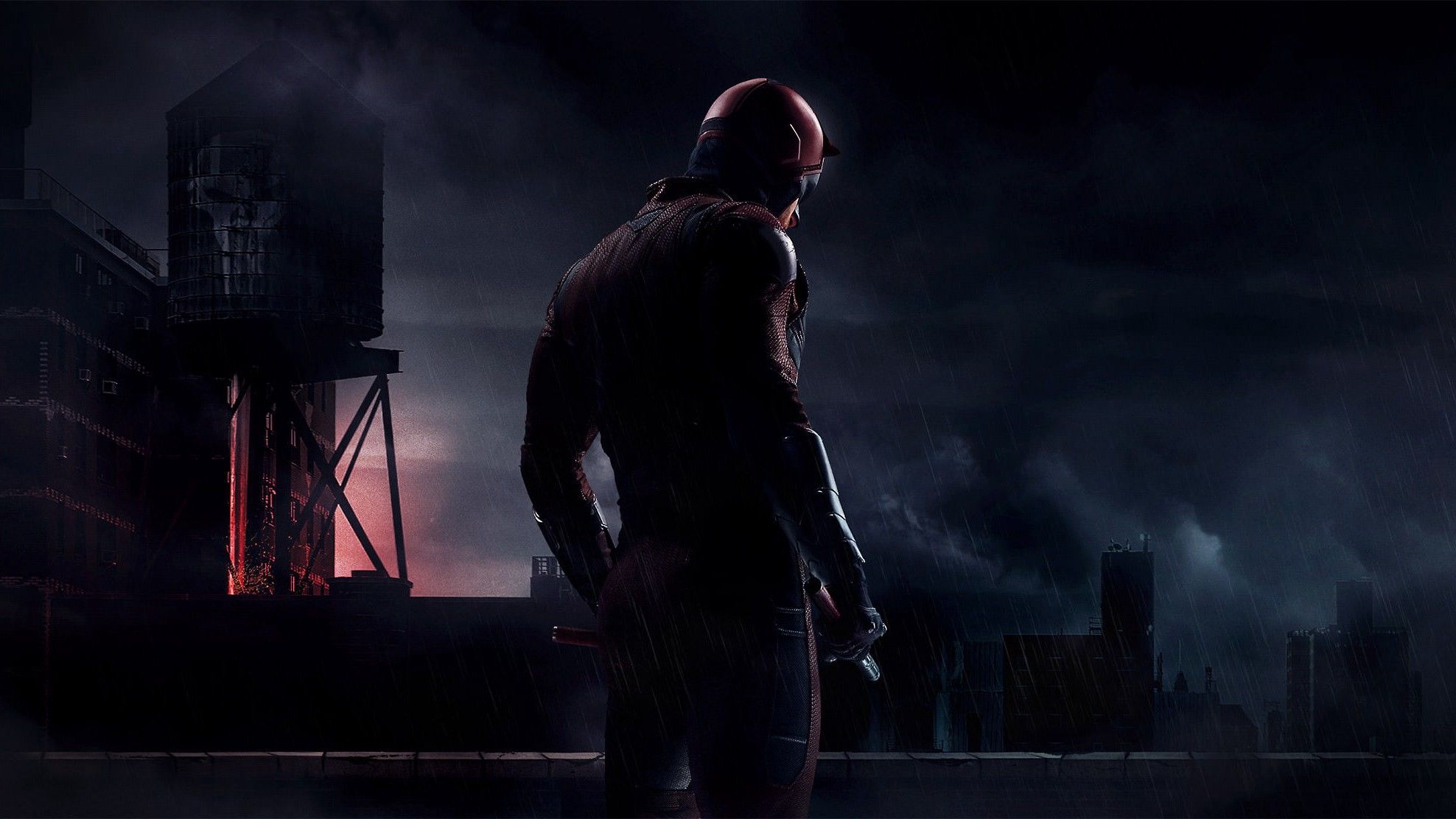
Daredevil, even in the comics was always a street-level hero, a vigilante motivated by his need to help people. There was a story by Mark Waid and penciled by the genius Paola Rivera that saw Matt Murdock face a freaking snowstorm that messed up his senses, his body, and his mind, yet he still championed on to save a bus full of blind children. It is a story about survival, about not giving up, about hitting rock bottom (Daredevil issue #7 – he literally does that) and still moving on. In this respect I think the show shines the most, they established the hero according to his core motivation.
Establishing a Hero
In the movie ‘Dawn of Justice’, fans across the globe flipped out when they saw Batman killing. Batman never kill right? I mean Christopher Nolan’s Batman series has taught us that, then how? People forget that Ben Affleck’s Batman was inspired by the Frank Miller Dark Knight Returns, in which Bruce did not have a lot of compunction about killing criminals. But the movie did nothing to establish that, his motive for killing or otherwise did not come through and fans had a field day over it.
Daredevil, however, builds upon Matt’s reason to not kill, his reason to stand for those who can’t stand for them. After the traumatic death of his father and his own energy imbuing accident, he shifts his entire life to help those who are repressed. He becomes a lawyer to do so and meets his best friend Foggy. The entire journey of his character from his childhood to adulthood cements his empathetic nature. Yet he is no fool, he sees how the world works, he can tell when people are lying and we see a lot of instances where he lies effectively himself. But that still doesn’t take away from the fact that he believes in the best of people, injustice, and law.
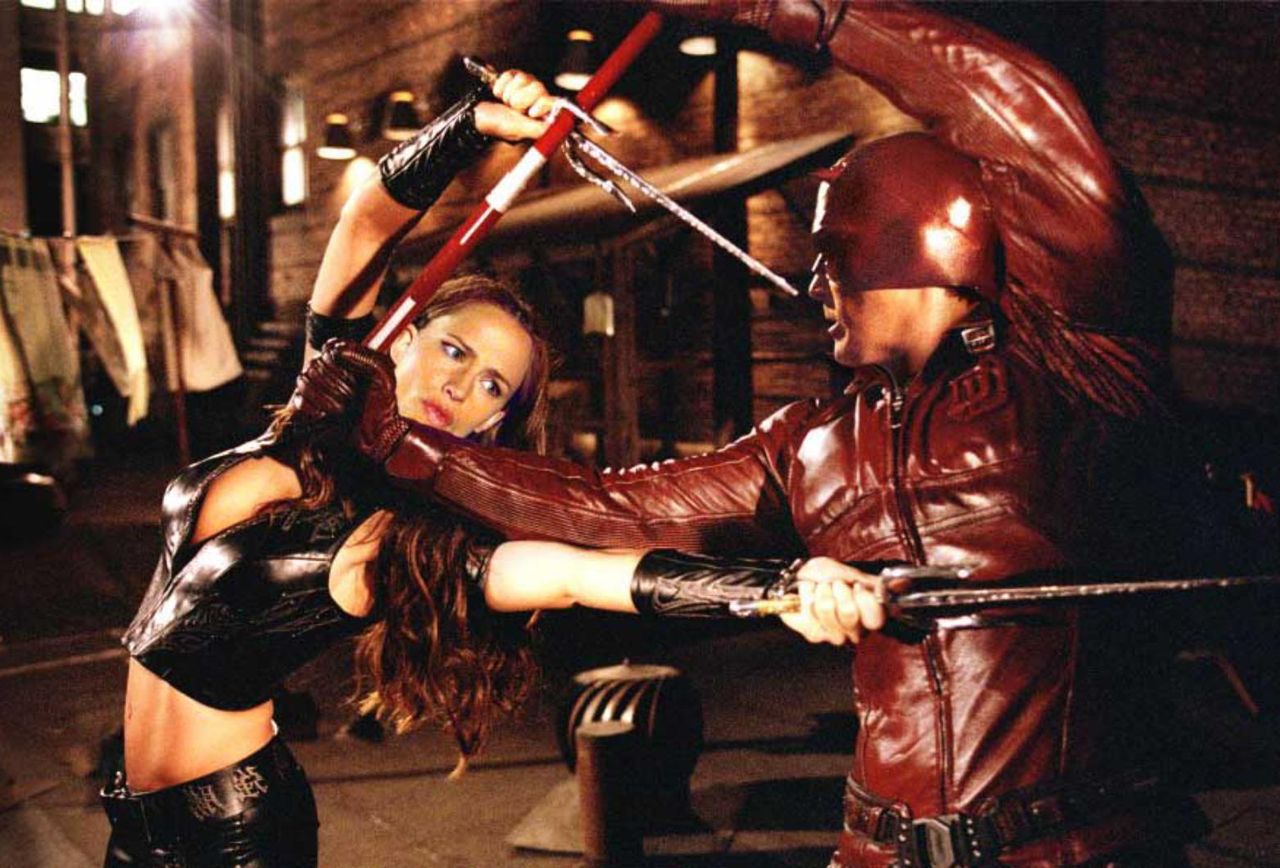
He is a devoted catholic boy, which essentially means he has faith. The narration beautifully pairs him with Father Paul, a questioning man himself that gives a modern context to the themes of right and wrong. For me personally, the conversations between Father Paul and Matt were some of the most amazing pieces of writing there was. Two men, questioning faith and doing the work of God, it was just splendid. It also showed the humanity of these characters in this very real world. It showed that Matt wasn’t always sure of himself, he doubted, he questioned and he struggled with his ideas, and yet, he kept moving on.
The conflicts
The conflicts in Daredevil is completely on another level, and I don’t mean only the brilliantly shot fight sequences. The politics, the corruption, the mind games, the fight for love and friendship were all so beautifully planned throughout the series that by the end of season 3 I could feel the helplessness of Agent Nadeem, the breakdown of Pointdexter and frustration that Foggy felt with Matt.
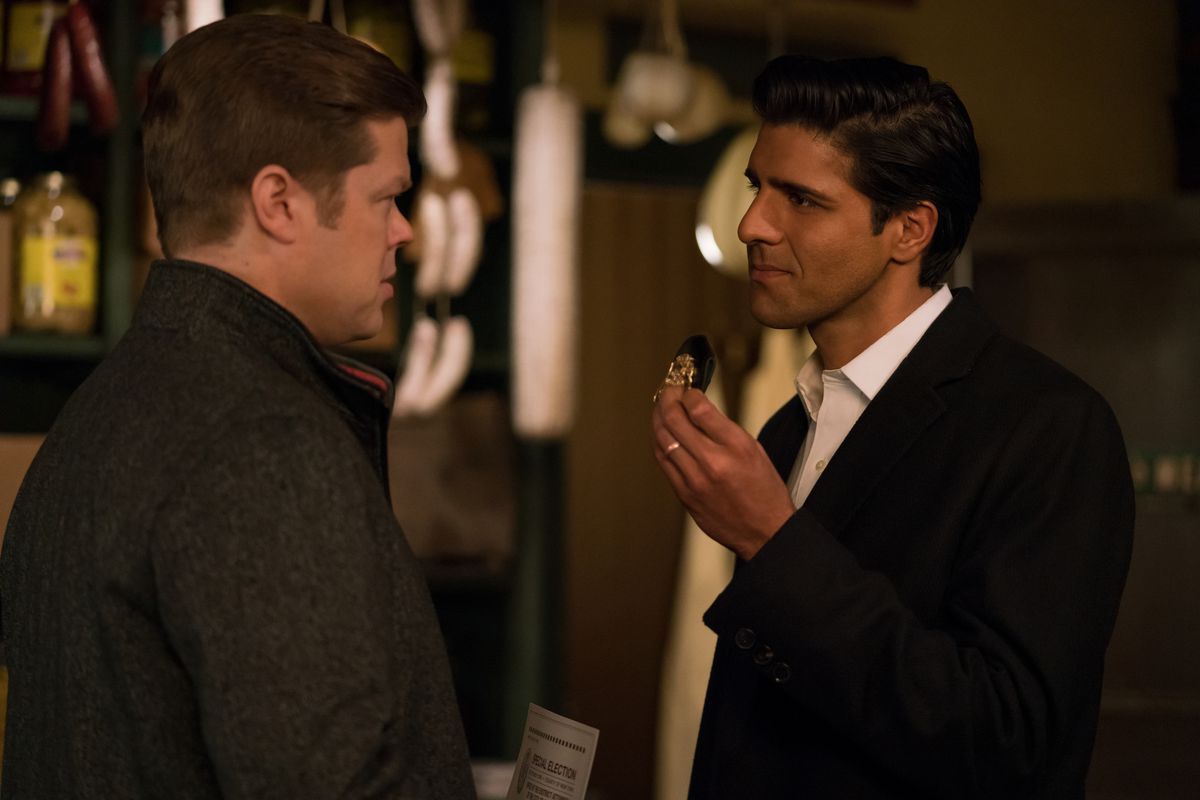
The most beautiful and natural aspect of any conflict in the Daredevil series was fatigue. You could see Matt’s body getting tired after beating hordes and hordes of criminals, and you could see his faith tire out after years of fighting for justice. He questions his morality in contrast to the world that Fisk has made and almost kills himself. The fight not only takes a toll on his body but his morality and faith as well, so when he almost punches Fisk to death before letting out the guttural scream, you believe it. He is made human and the writers did a splendid job of it.
The villain
Now a good superhero story does not work without a great villain and Vincent D’Onofrio gives a character-defining performance in his interpretation of Fisk. The very reason why his character gained so much traction with the audience was that he too was vulnerable. The ‘Kingpin’ of the city where he reigns supreme, and you still see him afraid, breakable and human. He is such an amazing contrast to Charlie Cox’s Matt that the empirical concepts and Good and Evil comes through them. The white-clad Fisk representing the evil and the black and red-clad Matt, representing the good.
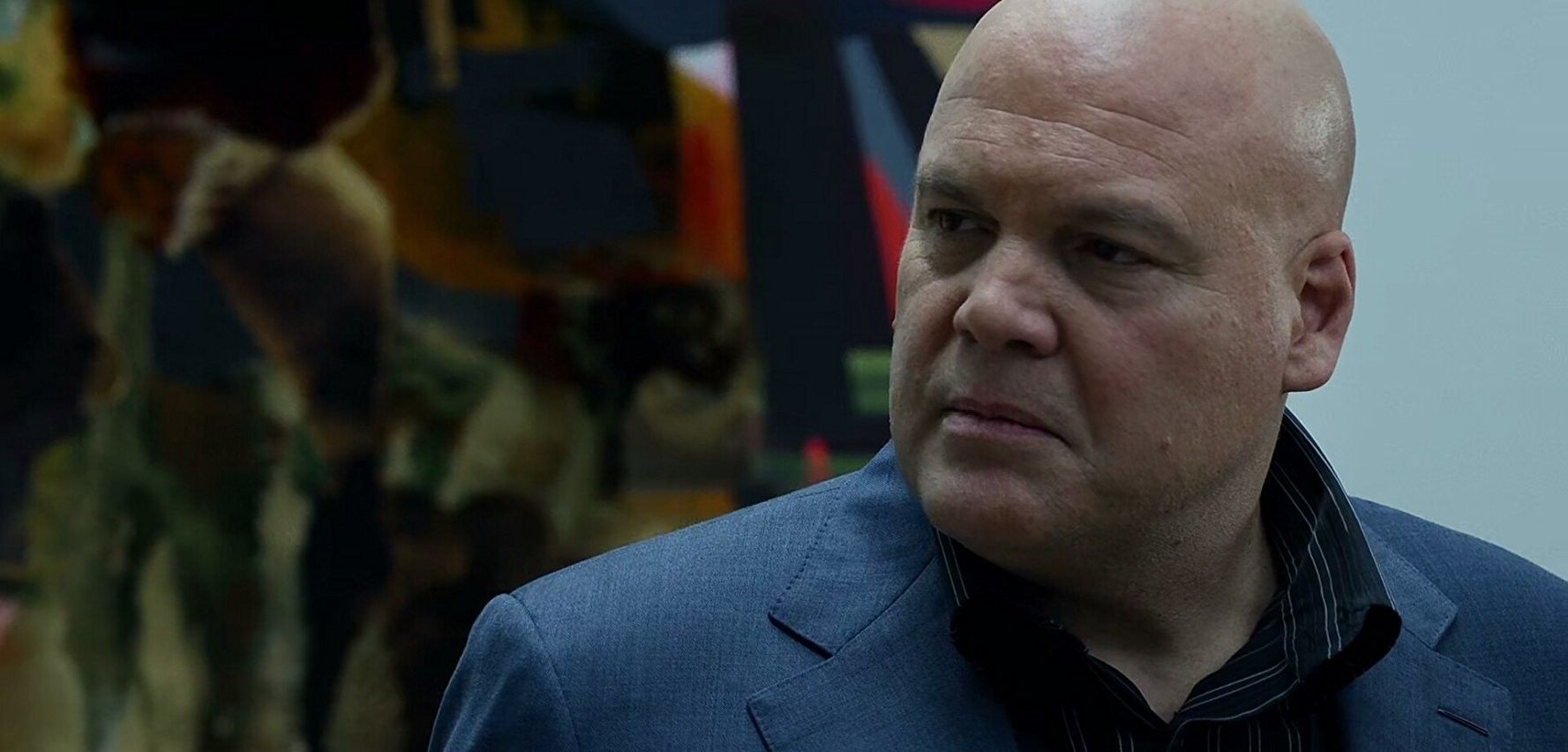
If you look closely at their costumes in the 3rd season though, you would notice Fisk always has a dark shirt or a vest under his white suit and Matt always has a white under cloth beneath his black mask. It is details like these that truly made Daredevil stand out to me.
There are so so many things that I haven’t even touched upon to truly appreciate Daredevil, but I wanted to appreciate the show for how it really reflected reality. In a society where the concepts of good and evil have dissolved into grey puddles, where people are preyed by mobsters, politicians, and corporations, very much like ‘Hell’s Kitchen’, we all feel and understand Matt. We all feel and understand Frisk too. Of all the aspects that make Daredevil a masterpiece, I believe it was the ability to closely mirror reality through superheroes that makes it so special for me.





















